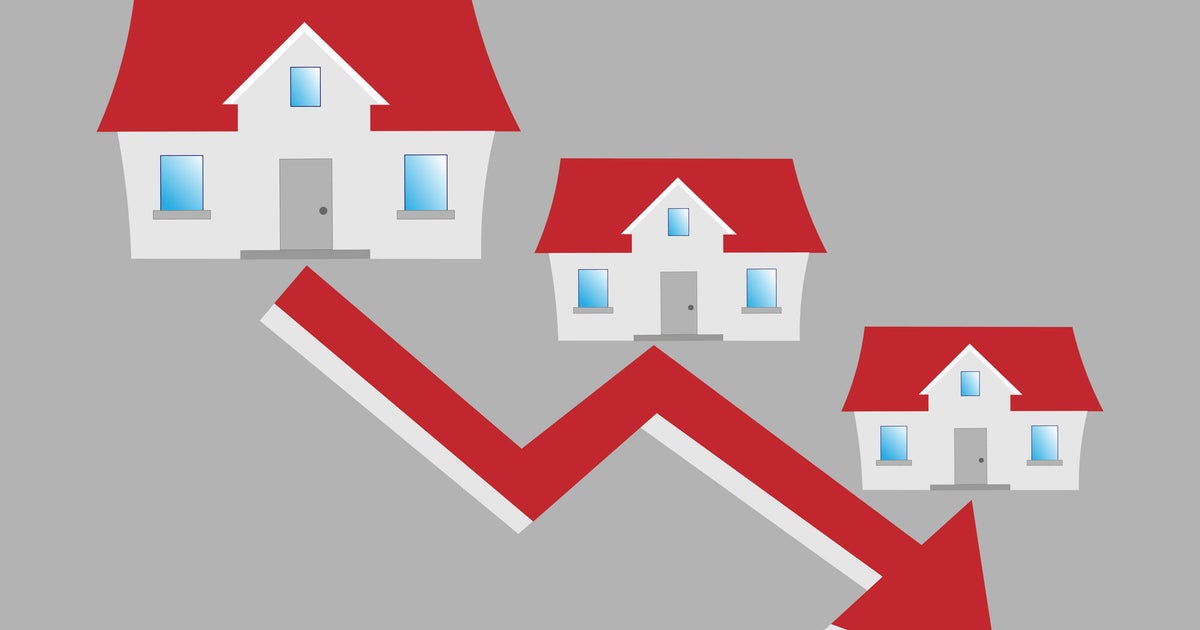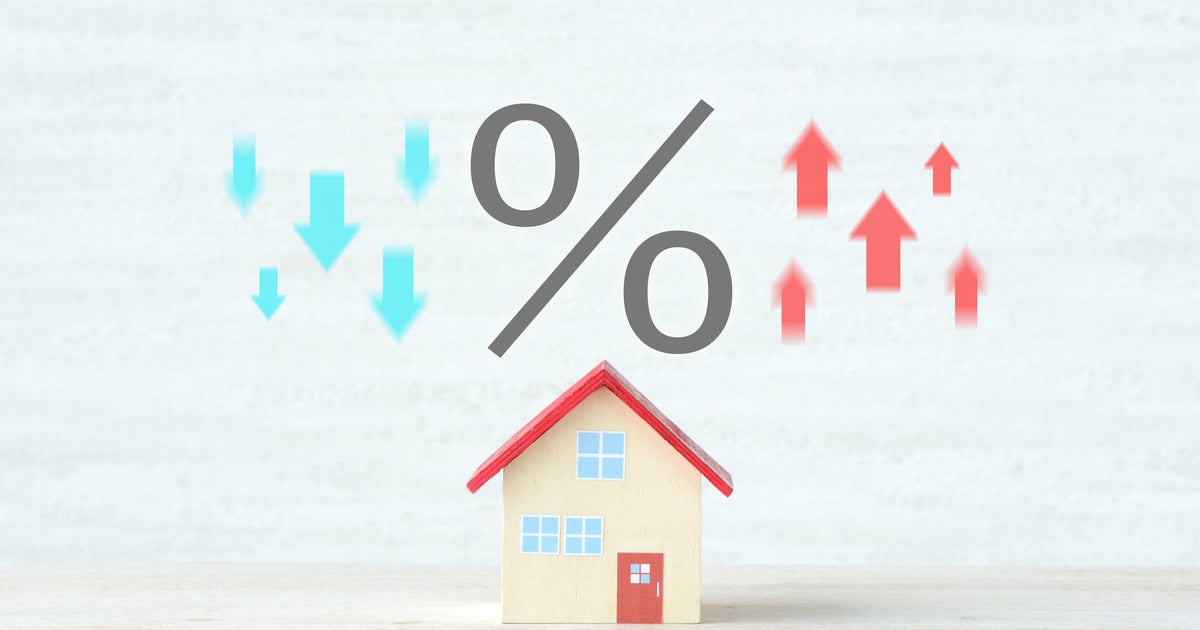Has your home value risen? Here's why you may no longer need to pay PMI
You can get a mortgage with a small down payment (or sometimes none at all), but most mortgage lenders would prefer you to put at least 20% down. If you don't, they'll likely charge you for private mortgage insurance (PMI).
Paying PMI means a larger monthly mortgage payment and typically amounts to about $30 to $70 more per month for every $100,000 borrowed, according to Freddie Mac. "Its purpose is to safeguard the lender in case the borrower defaults on mortgage payments," says Christina McCollum, producing market leader at Churchill Mortgage.
Fortunately, PMI isn't forever, and once you've paid down your loan or your home's value has grown enough, you should be able to cancel it and lower your monthly payment. Are you at that point with your home equity yet? With home values climbing steadily in recent years, you might be.
Find out how you can borrow from your home's equity today.
Has your home value risen? Here's why you may no longer need to pay PMI
You can cancel PMI once you have at least 20% equity in your home. At 22%, it will automatically fall off.
To get to 20% equity, your loan balance needs to equal 80% of your home's value or less. For example, if your home is worth $500,000 and your loan balance is $400,000 or less, you'd be at 20% — and eligible to cancel your mortgage insurance.
As you pay off your loan each month, you naturally get closer and closer to this point. If your home rises in value, though, it can speed up the process — and in today's market, that's a real possibility. The average home price notched a 5% year-over-year gain in the first quarter of 2024, according to the National Association of Realtors.
"If you believe your property value increased substantially due to homes in your area selling for much higher, you should speak with your lender to understand what options you have to remove the PMI fee," says Brian Shahwan, a mortgage broker at William Raveis Mortgage. While one of these strategies is flat-out canceling your PMI if your value has risen enough, you might also want to discuss refinancing — especially if rates have changed significantly since you first took out your loan.
Keep in mind that your loan servicer may have other requirements for canceling PMI, too.
"They may require you to have the mortgage for a certain period of time before you can request to have it removed based on home appreciation," Jeremy Schachter, branch manager at Fairway Independent Mortgage, says.
Explore your top home equity loan options online now.
How to get rid of PMI
The first step is to get an idea of your home's current value. John Aguirre, mortgage originator at Loantown, recommends using sites like Realtor.com, Zillow or Redfin for a rough estimate, or reaching out to the real estate agent who helped you buy your home for comparable market analysis.
"Determining when you can get rid of PMI and verifying your home's value isn't an exact science," Aguirre says.
The most accurate way to gauge a property's value is through a professional appraisal, though this typically comes with a fee of a few hundred dollars on average. So before you pay for this service, make sure to talk to your loan servicer, as they may have specific processes for verifying value.
"While you can ask your Realtor for a comparative market analysis, it's more likely that you'll be required to obtain an appraisal from a licensed appraiser," McCollum says. "Ultimately, you don't want to order an appraisal without first discussing it with your loan servicer."
Once your property's value is assessed, you can determine if you have enough equity to cancel PMI. If you do, you'll need to request the cancellation in writing. You'll also need to be current on your monthly payments and certify that you have no other liens or mortgages on the home.
Buying a home without 20% down
While buying a home without a 20% down payment can leave you paying PMI for years, it's still worth it for many consumers. Not only does it help you put down roots and build long-term wealth, but you can also get various tax write-offs and start building equity sooner.
And if you do want to get rid of PMI later on, you have options. Making extra payments toward your loan and buying in an area with rising home values can help you remove that extra fee sooner. You might also consider refinancing if the interest rate is right.




